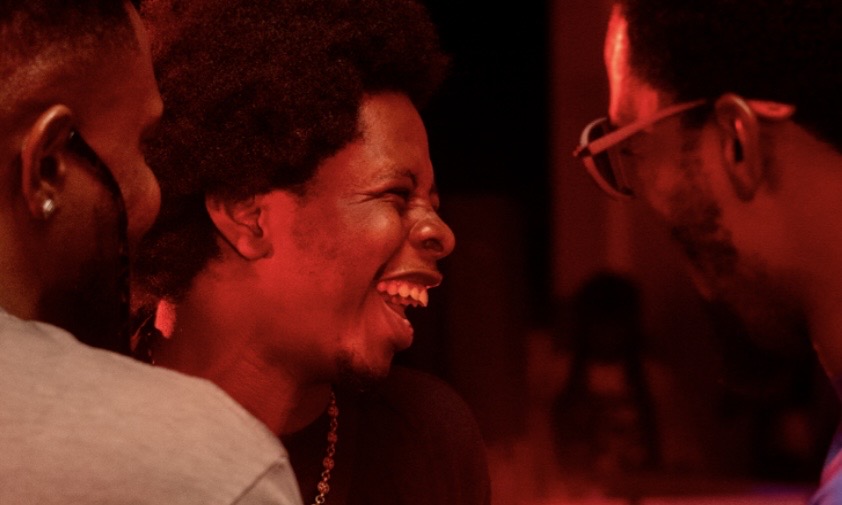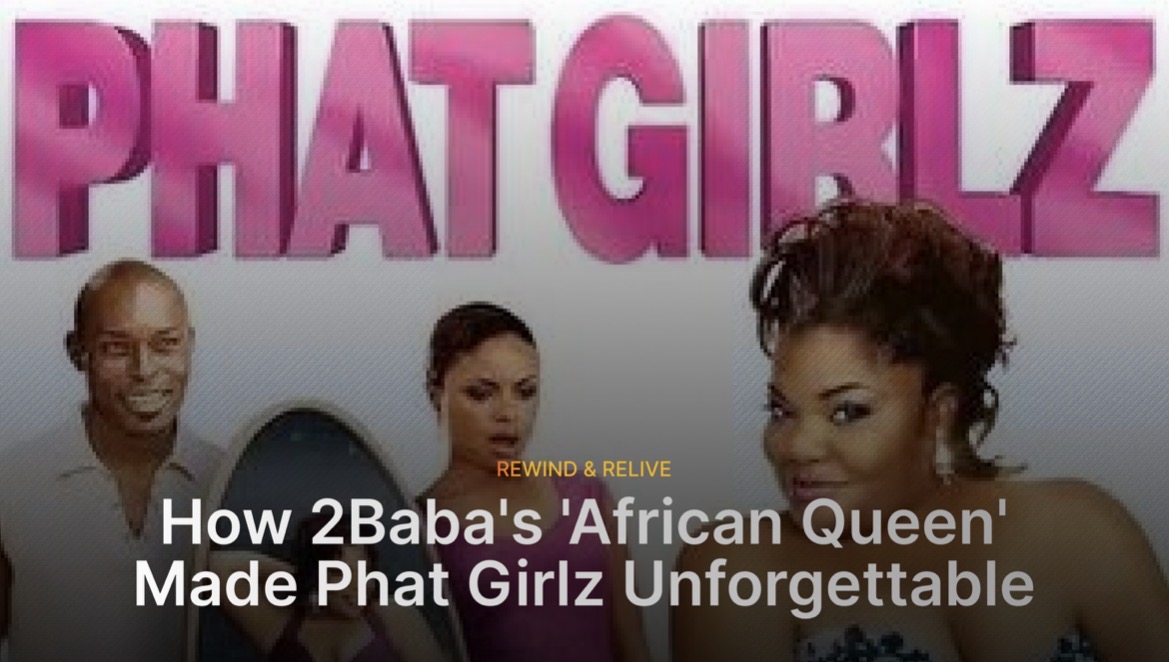by Akinwande Jordan
The past is never dead. It’s not even the past. All our accrued actions carry that Faulknerian declaration. Memories leave claw marks on the surface of our brains as we march on ceaselessly against the anchor that pulls us into the vortex of events orchestrated by forces beyond our control. What is the value of war? The logic of a proportional response? Is it to say we few, we happy few, we band of brothers? Or is it merely a failure of civilization conferring disaster on our feeble minds? These are the questions in the Olisa Eloka-directed short film Loose Cannon.
Written by Olisa Eloka and Kene Ibeneme — shot in black-and-white, Loose Cannon is a simple story about an erstwhile Biafran soldier by the name of Ijezie (Keezyto) wrestling with combat neuroses and bouts of survivor’s guilt at the tail end of the Nigerian Civil War as he descends further into an inconsolable despondency. He bears a scar both in the literal and metaphorical sense, soothing his agony with alcohol and the enduring comfort of his sister (Nkeoma Umudu). Eloka and Ibeneme rely on a mise-en-scene of a post-war Nigeria, sparseness born from a failed secessionism.
The poverty of Eastern Nigeria is palpable in Ijezie and his sister’s abode. A penury that equally echoes in Ijezie’s eyes — haunting, dejected, disillusioned, rudderless, and discarded by his consortium of conscriptors. Violent melodies of air raids and gunfire varnish the stillness of his disfigured face. Behold the man plagued by the horrors of generals and war strategists. Every word he utters is laced with a layer of discontent and disquietude. We cannot begin to conceive of psychological decline, and yet Keezyto’s forlorn face commands that we pay our undivided attention to the fallen man in the fallen soldier.
Turmoil also exists in his sister, whose task as a caregiver is burdensome. She assumes the role of the resident optimist, reiterating Ijezie’s duty as a cannoneer/Gunner to commemorate a burial event happening in the village they reside in. Nkeoma Umudu’s performance is plaintive and restrained, leaving room for pathos as the psychological exhaustion sets in for her as she watches her brother rot in the cesspit of his own purposelessness. She does not succumb to gravity, but you can watch her descent occurring in tandem with her brothers.
The melancholic tragedy is shot in monochrome — sublime and hazy, advertently rendered like old photographs in dusty albums and defunct newspapers. The cinematographer, Omoregie Osakpolor, eschews gonzo-esque images and fanciful acrobatics for close-ups and intricate blocking. Correspondingly, the shot choices and absence of colours amplify the post-civil war disillusionment and the blurs of national history, blackening the sun setting a new nation born of blood, coups and genocide. This is the debris of our past.
More than the confines of books about the Biafran war and the ahistoricity of biased actors, Loose Cannon is possibly one of the most important films screening presently across festivals (it screened at the Eastern Nigeria International Film Festival) — especially in a Nigeria that has prodigiously evolved into a enormous cancerous organism as our understanding of history erodes or is obfuscated overtly. To quote Achebe, the story of the Biafran war and the story of Nigeria are inseparable. And the Republic we have now is a farcical giant of an exploited continent languishing in a climate of chronic decay.
The nation communes yet with shadows, leaving behind the past which is a continuum we have chosen to ignore. Films like Loose Cannon remind us of the stark history of the nation, the country it swallowed, the flag that did not fly, the faces of walking casualties still plagued by the sirens as they trudge on against the false promises of the green and the white.





